Zirbel analyses USA Pro Cycling Challenge course
Two summit finishes, high alititude to test the peloton in Colorado
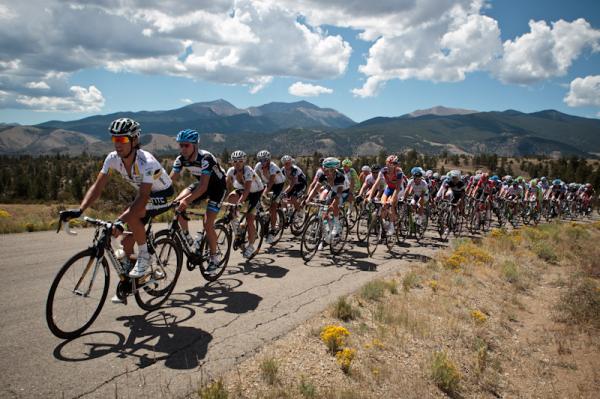
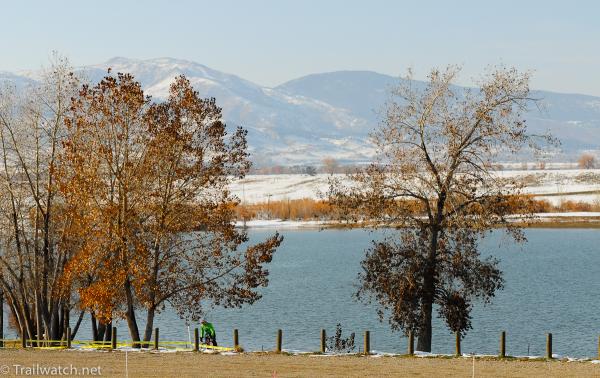
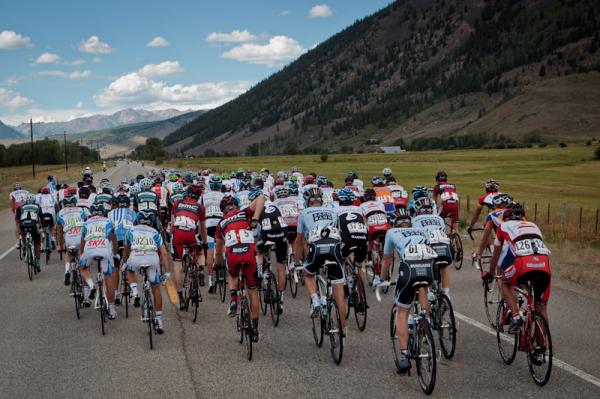
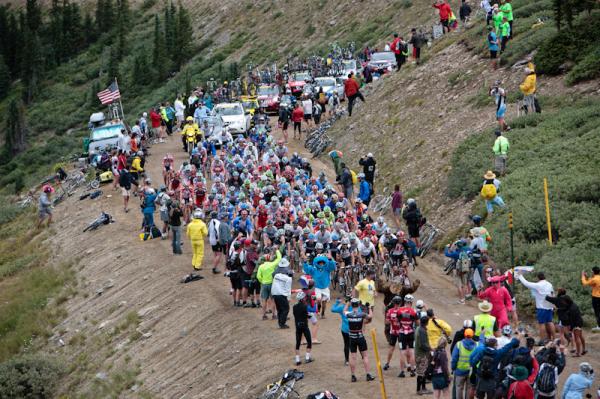
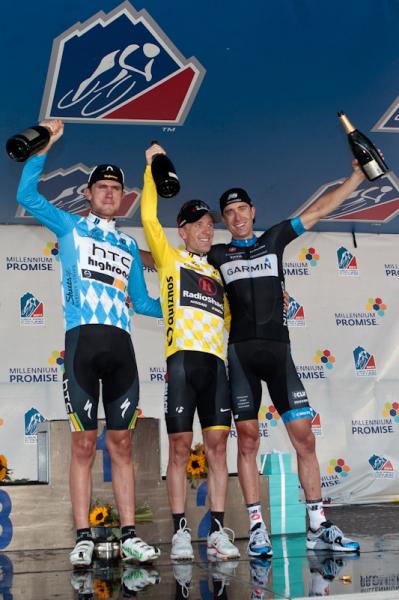
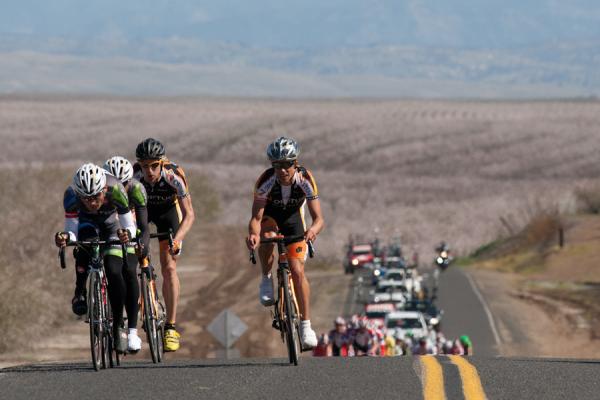
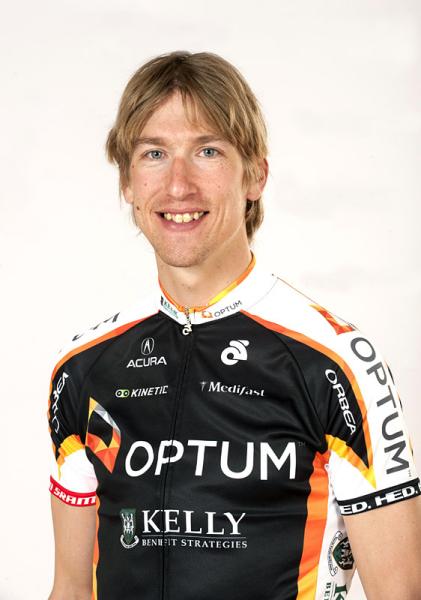
At first glance, the most striking difference between the 2011 and 2012 editions of the USA Pro Cycling Challenge is the length of the stages. Last year's race totaled 509 miles over seven days whereas the 2012 route covers 680 miles - a whopping increase of 25 miles per stage.
It is normal that as a race matures it offers more challenges for the riders. With two stages over 125 miles, one at 117 miles and three others at 100 miles there are going to be some long days in the saddle.
But, the significant increase in distance isn't the most notable change to the USA Pro Cycling Challenge. The inclusion of two uphill finishes, including the climb up to Flagstaff Mountain outside Boulder on stage 6, is what has everybody talking.
"I think a lot of people are going to be jazzed up for that Boulder finish just because the crowds are going to be enormous. It is going to be a lot about who is feeling good after five hard days of racing," said Tom Zirbel, longtime Boulder resident and member of the Optum Pro Cycling p/b Kelly Benefit Strategies team. The team is hoping to secure an invitation, and Zirbel is keen to participate in his home race.
Last year, the top riders were vociferous in their desire for a summit finish and the race organizers have responded. Besides Flagstaff Mountain, the end of stage 4 features a 2.5 mile, 1000-foot, climb from Avon to the Beaver Creek Ski area.
What goes up, must come down so with all the climbing, descending skills will be at a premium. "A couple of the stages roll into town on descents. There are some gnarly roads up there. If you are not comfortable, and I think most of the Euro guys are used to those narrow, alpine roads, but some of us who haven't been exposed to those it might pose a problem for the smaller teams," said Zirbel.
"There is a lot of 'who's got the biggest balls' situations like that and sometimes you just don't feel like playing. A lot of time it depends on the day. Maybe it is the tire selection. Maybe you overcooked a corner earlier in the stage and lost your nerve."
Get The Leadout Newsletter
The latest race content, interviews, features, reviews and expert buying guides, direct to your inbox!
Altitude is also a big factor in the race. "It's everything. A lot of [the race] is over 8,000'. You are sleeping over 8,000'. Just the recovery is going to be so much slower," said Zirbel.
"If you want a shot at these stages you are just going to have to spend time at altitude and that means above 7,500'. That's no secret. People are going to be having their Aspen training camps and hanging out at these ski resorts. It's going to be tough. All in the name of getting acclimated you have to hang out at places like Crested Butte."
Gone is the prologue which opened up the inaugural edition. Stage 1 will be a 125-mile trek from Durango to Telluride. The day's main difficulty will be the 50-mile, 4,000' slog to the top of 10,200' Lizard Head Pass, but the mostly downhill run into Telluride should see a bunch finish.
Stage 2, 99 miles from Montrose to Mount Crested Butte, climbs over Cerro Summit and Blue Mesa Summit and includes the same finish which, in 2011, saw Levi Leipheimer escape for the win and a few precious seconds over his rivals.
The 'Queen Stage', 130 miles from Gunnison to Aspen, makes it's return as stage 3. Ascending two 12,000' passes, Cottonwood and Independence, this day is all about climbing at altitude, but if the weather closes in as it did in 2011, the twisty, technical, 4,000' descent into Aspen may be the most crucial test on the stage.
Stage 4, 97 miles from Aspen to Beaver Creek, starts with the 4,000' climb back up and over Independence Pass before a mostly downhill run towards the Vail Valley. On the descent of Tennessee Pass there is a short, two-mile ascent of Battle Mountain where a small group could get away, but more than likely, the peloton will be focused on the uphill finish awaiting in Avon where GC riders have the opportunity to open significant gaps over their competition.
"In a seven-day stage race like this no one is going to feel comfortable with breaks going up the road late in the race. I just don't see breakaways succeeding," said Zirbel.
While stage 5, 118 miles from Breckenridge to Colorado Springs, climbs 11,500' Hoosier Pass right at the start it is predominately downhill. "If any of the teams bring a sprinter that will be one of the stages they will try to control," said Zirbel.
Undoubtedly, the most anticipated day of the race is stage 6, 103 miles from Golden to Boulder. The final 20 miles of the stage contain two difficult obstacles, the first being Lee Hill Road, whose final mile averages 10+ percent. A high-speed, technical descent leads back into Boulder where the iconic Flagstaff Mountain climb awaits. The five-mile, 1,600' ascent with pitches up to 10 percent will undoubtedly be lined with thousands of screaming fans.
"I think it is going to be a small group descending into Boulder from Lee Hill Road. There are only going to be a handful of guys looking to win that stage and looking to stay on top of the GC. Other guys are just going to have different objectives. Me being one of them," said Zirbel. "I would love to be in the front group going up Flagstaff at the end. I am pretty sure that's not going to be the case especially with the TT the next day."
If two uphill finishes haven't settled the GC picture, the final stage, a 9.5-mile time trial in downtown Denver, will definitely settle the score. Unlike last year's uphill test in Vail, this TT is basically flat which provides an opportunity for the non-GC riders to shine as well.
"The goal is to get me to that start line as fresh as possible. I think I will have a chance at it, but it will definitely play a part in the GC as well. 9.5 miles is long enough to get some sizable gaps. I think all the GC contenders will be bringing their A-game, of course. Hopefully, I will have a little bit of an advantage being able to sit up on the harder climbs and not worry about the GC," said Zirbel.
With more miles, more climbing and more uphill finishes, the second year of the USA Pro Cycling challenges looks to be a more exciting event in all aspects. The race is blossoming and starting to hit it's stride proving that Colorado can definitely host a world class stage race.